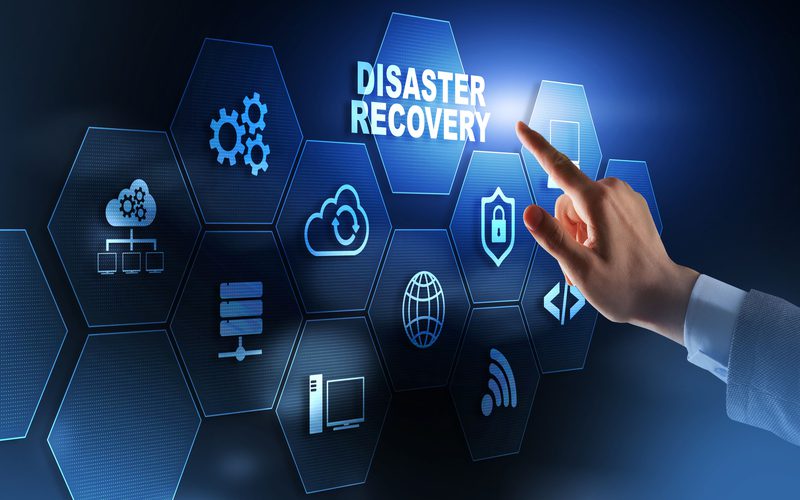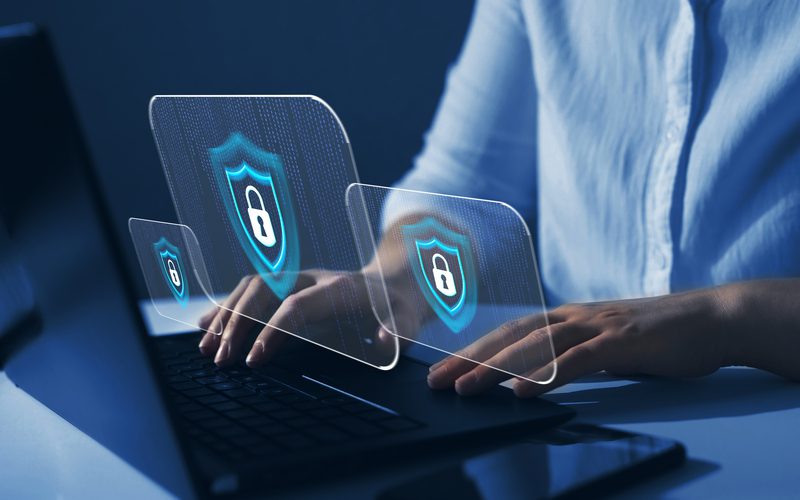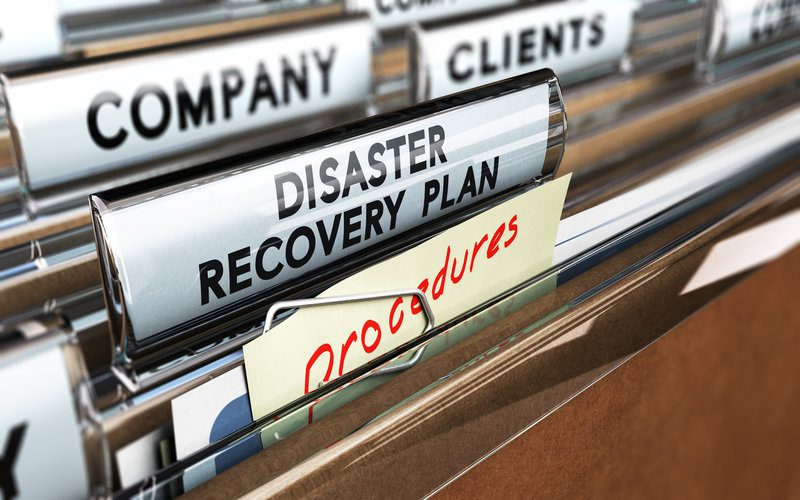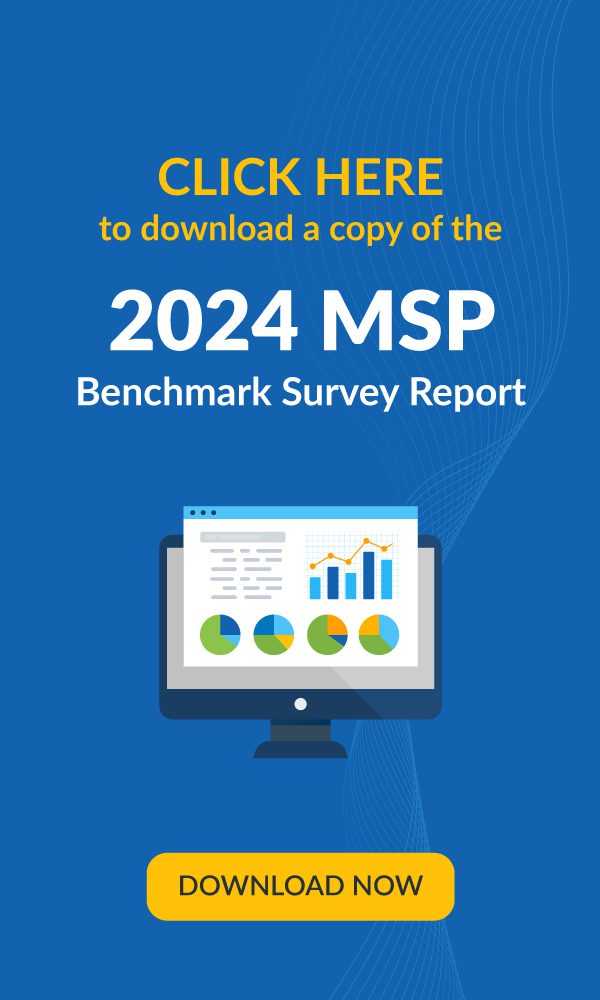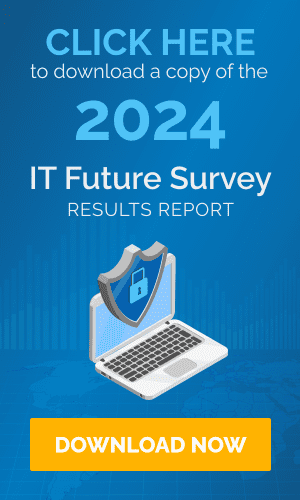Data is the heart of business for companies in today’s economy. Losing critical data can cause serious financial setbacks which in turn adversely affect the operations of a company. Backing up data regularly and recovering it quickly in case of unplanned downtime or cyberattack keeps the business secure and afloat.
Back up and disaster recovery (BDR) has become an important security process for small and large businesses alike. However,today, even backups are not always safe and are being targeted by cybercriminals. Recently, a Managed Service Provider was hit by a ransomware attack which disabled their backup and recovery systems and spread malware to their end-customer networks.
Companies count on MSPs to keep their data safe, trusting them to protect their IT infrastructure. Cyber criminals are taking advantage of the tools MSPs use to manage their clients systems, such as remote monitoring and management (RMM) solutions. Breaking into the RMM tool can give the hacker the “keys to the kingdom” and they gain access to client systems.
To avoid such breaches, MSPs should have a strategy in place to secure their tools. This includes multi-factor authentication (MFA) to protect access to their RMM.
Leverage Multi-factor Authentication (MFA) to Secure Backup
MFA strengthens the overall security posture of a company and its customers. Adding this authentication process to RMM user accounts ensures that you have two layers of defense: First, the username and password, and second, a one-time passcode or token.
A password alone is a single authentication factor that is relatively easy to hack via brute force, phishing emails, and other social engineering methods. MFA, by requiring at least one additional authentication factor (making it 2FA in that case), makes it much harder for hackers to access your systems.
Need an efficient MFA solution? Check out Kaseya AuthAnvil, an identity and access management (IAM) solution with MFA features that strengthens security for MSPs and their clients.
Encrypt your Backup to Secure your Data
Encrypting your backup serves as your last layer of defense, especially when you have sensitive data that you want to shield from hackers.
Encrypting a backup file essentially involves translating the contents of the file into a secret language – by using an algorithm that scrambles the data in an unpredictable unique format. This can later be recovered by using a password. And even if hackers have acquired your encrypted data, they wouldn’t gain from it.
Kaseya Unified Backup Comes To The Rescue
Using the right backup and disaster recovery solution can make or break your backup strategy. MSPs and internal IT teams should look for an efficient and reliable backup solution that fits their requirements.
Kaseya Unified Backup (KUB) brings together backup, ransomware protection, cloud-based storage and business continuity and disaster recovery (BCDR) services in a powerful, all-in-one appliance-based platform. With KUB you can automate critical backup and disaster recovery tasks including testing for guaranteed recovery.
Request a demo of Kaseya Unified Backup here.
